How does the male ball valve design enable smooth and effortless on/off operation?
The male ball valve design is a key characteristic...
MORE >>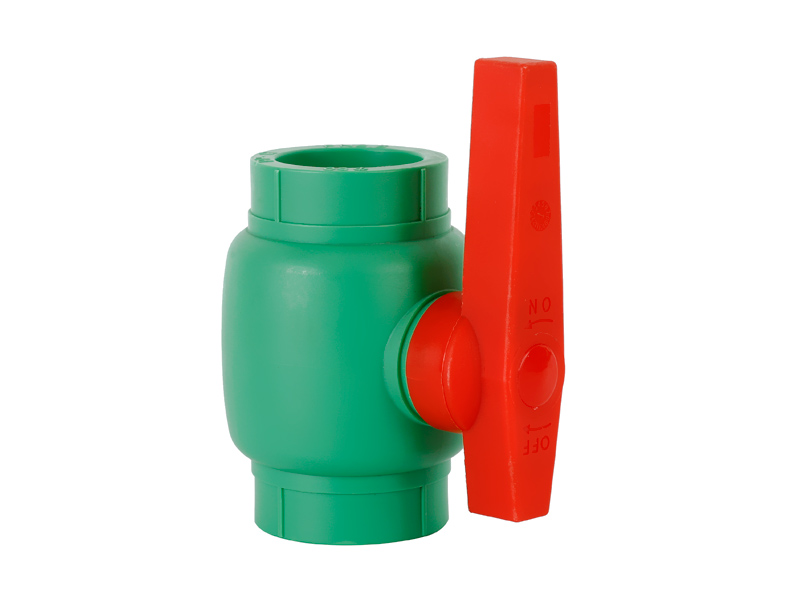
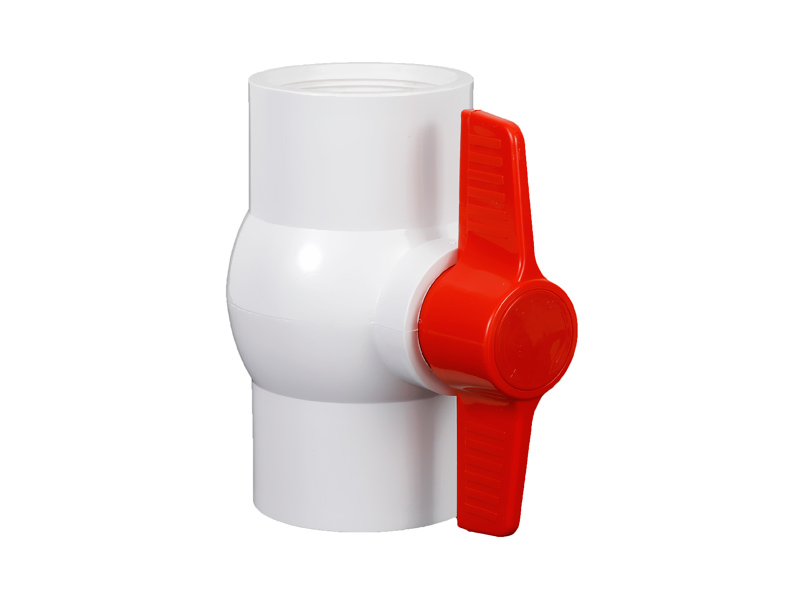
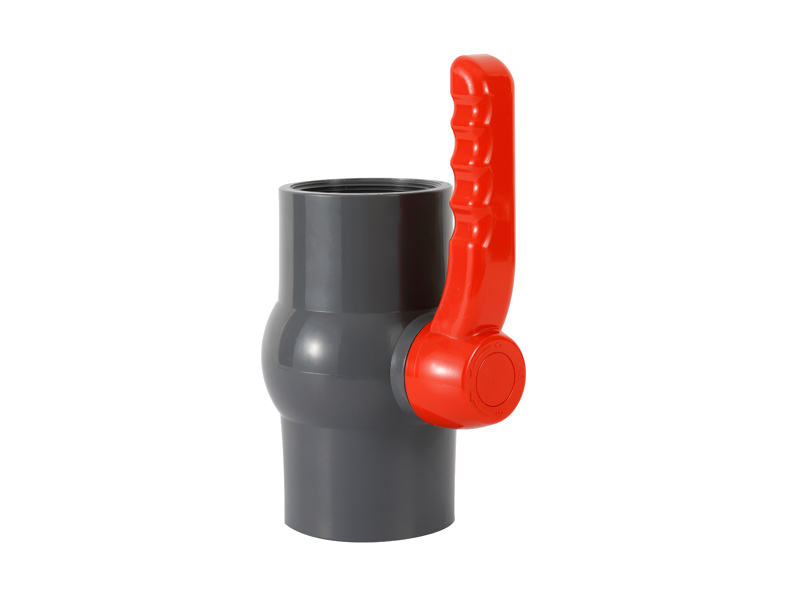
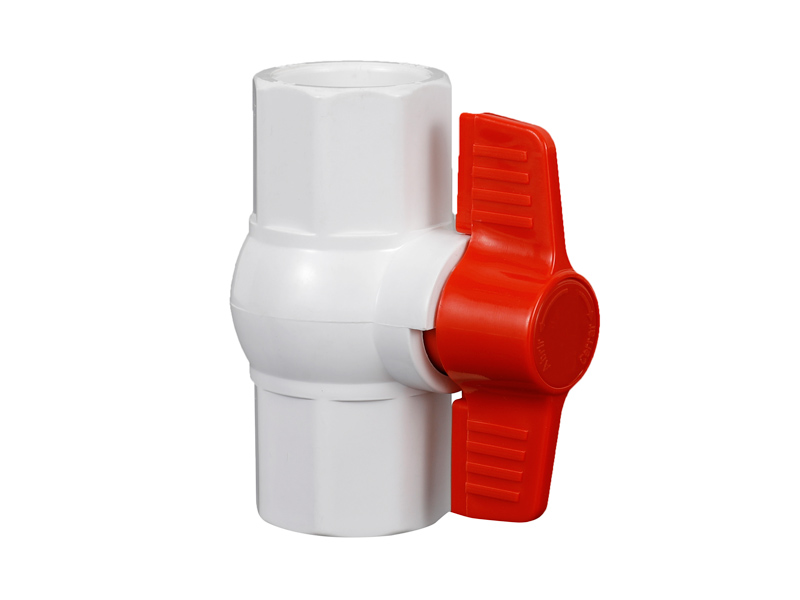
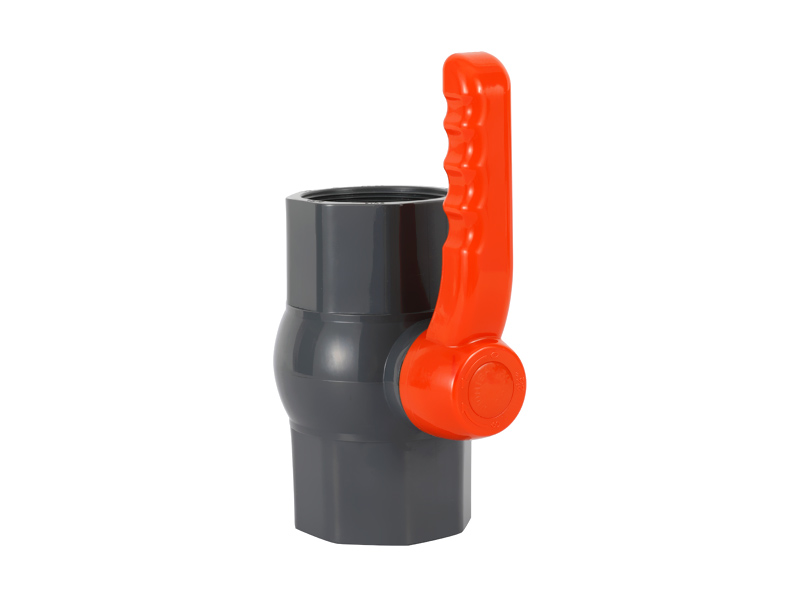
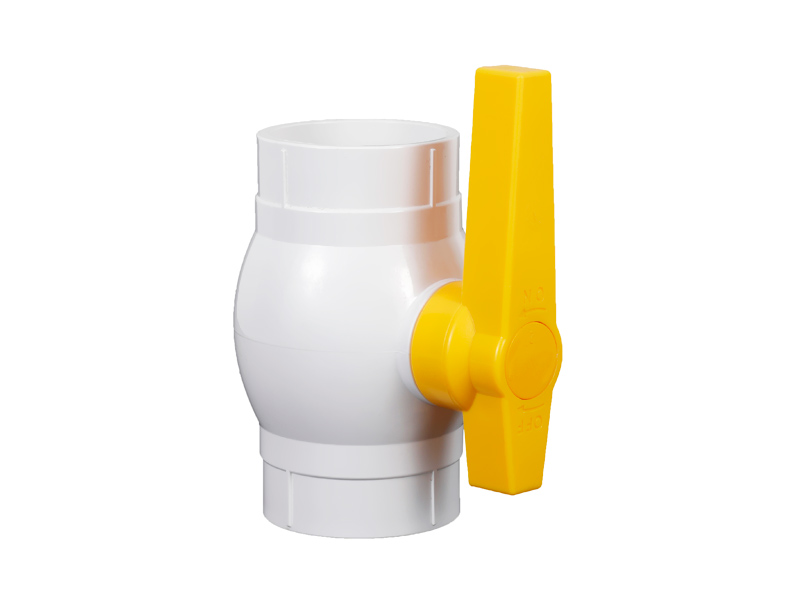
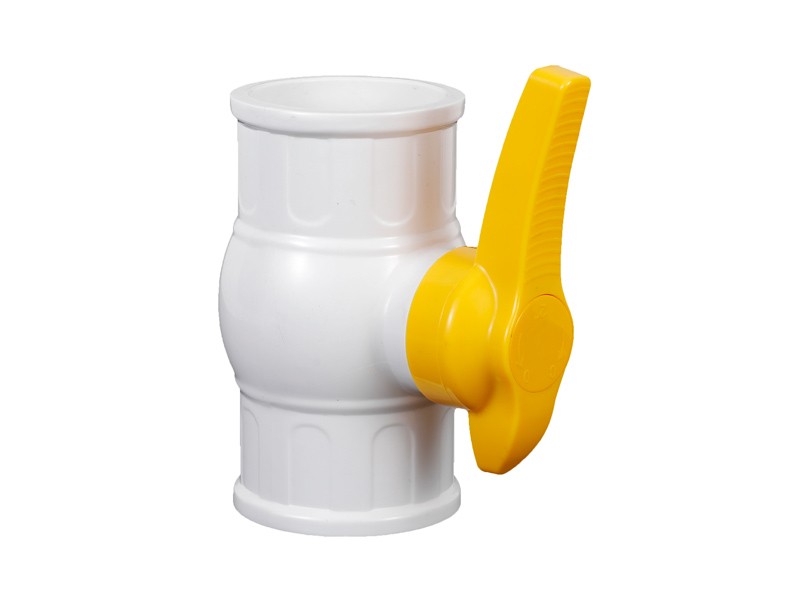
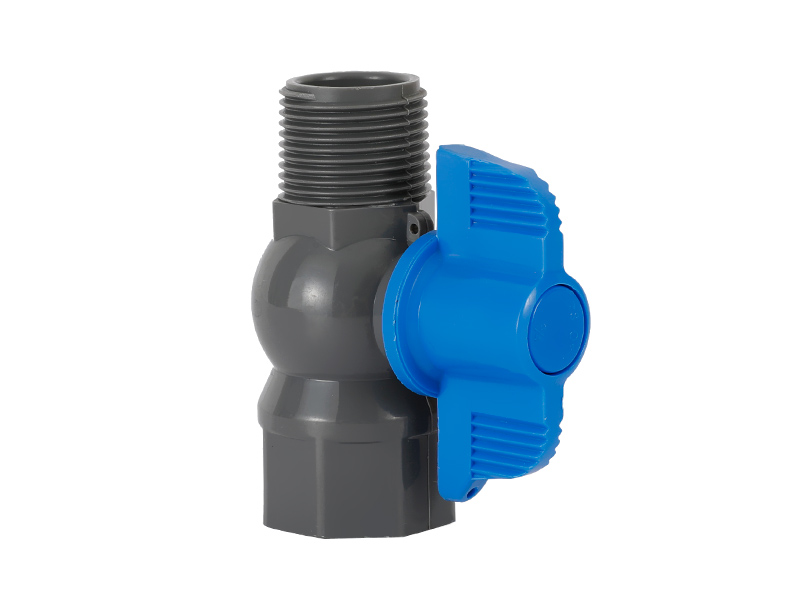
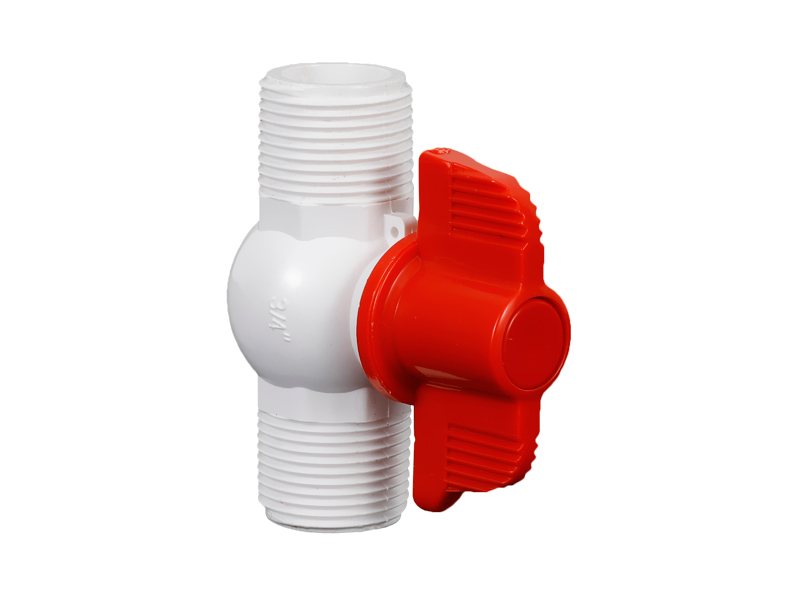

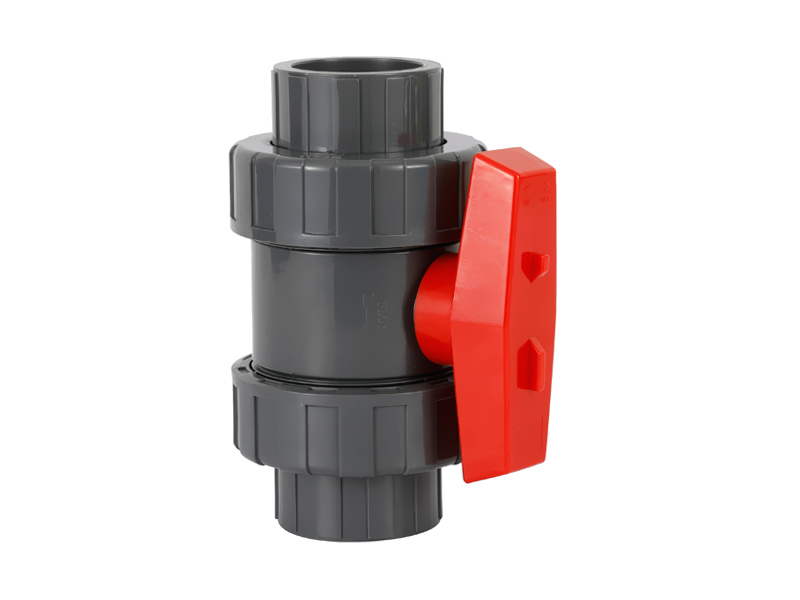

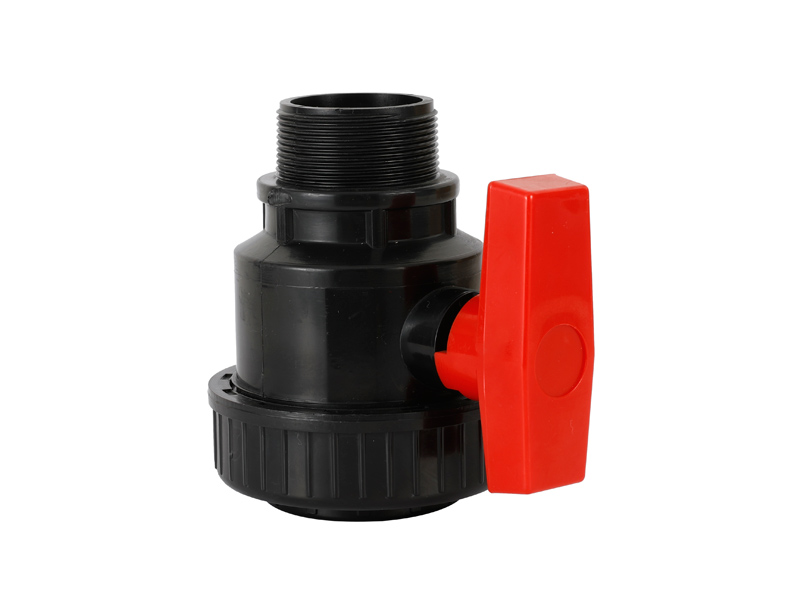
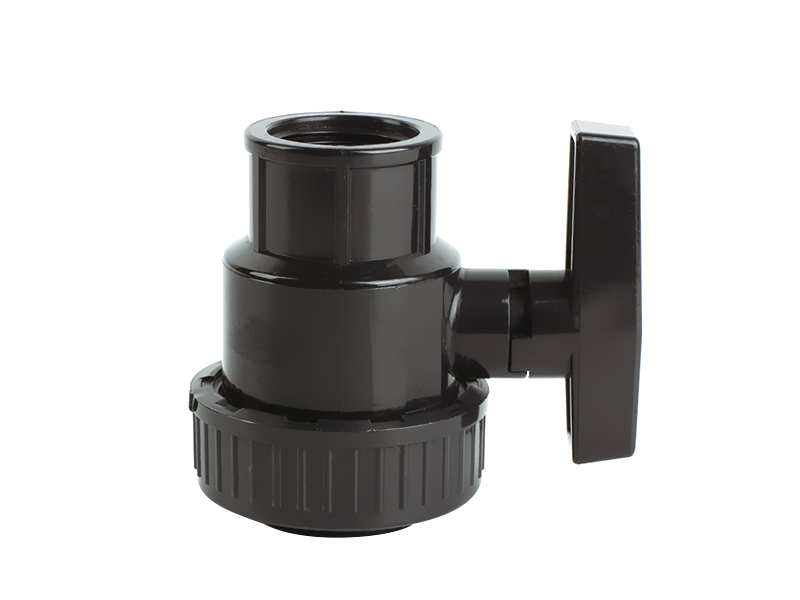
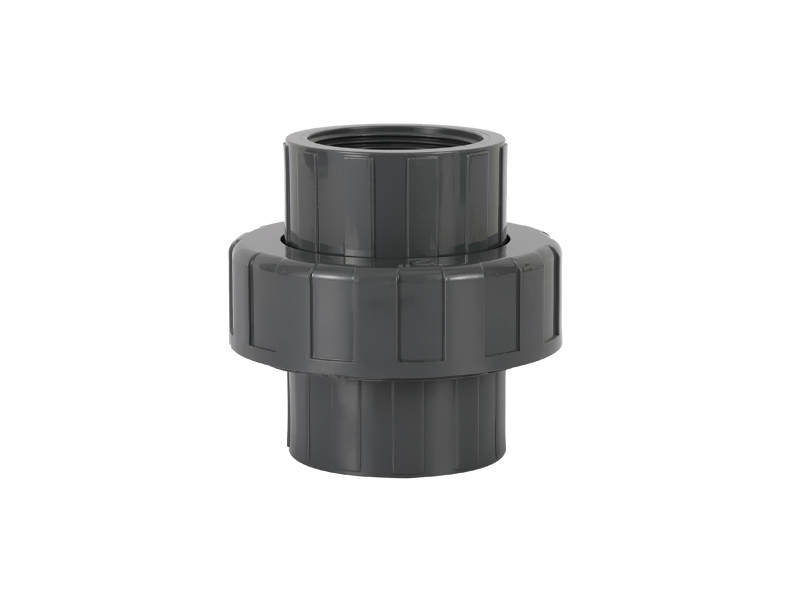
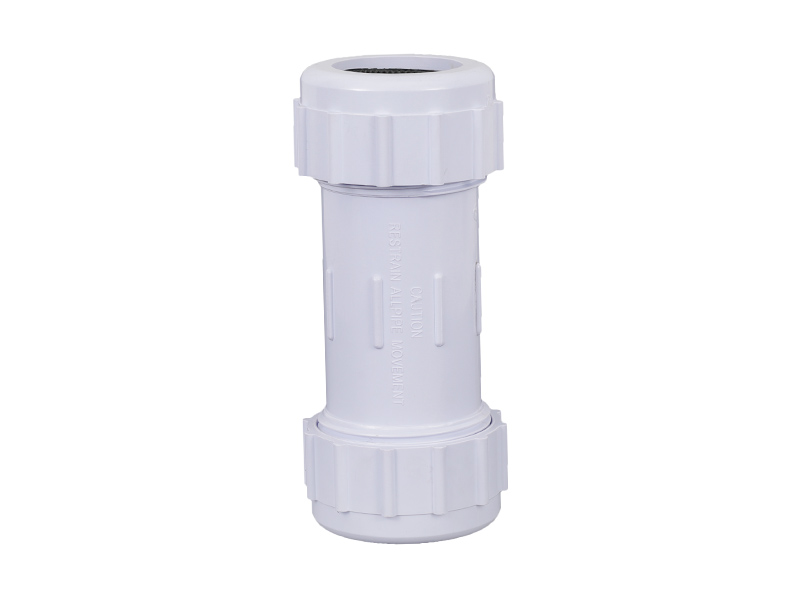
Plastic valves, owing to their numerous advantages such […]
Plastic valves, owing to their numerous advantages such as chemical resistance, lightweight nature, and cost-effectiveness, have found extensive applications in various industries. These versatile components play a crucial role in controlling the flow of liquids and gases, making them indispensable in many sectors. This article will explore the diverse applications and industries where plastic valves are commonly used, highlighting their significance and benefits.
Water Management and Treatment Industry
The water management and treatment industry rely heavily on plastic valves due to their exceptional corrosion resistance and durability. These valves are extensively used in water treatment plants, desalination facilities, and wastewater treatment plants, where they effectively control the flow of water and chemicals through different processes. Additionally, their ability to withstand harsh chemicals and saline environments makes them ideal for use in these critical facilities.
Chemical Processing
Plastic valves play a significant role in chemical processing industries, where aggressive chemicals are commonly handled. Their non-reactive properties with various chemicals ensure safe and reliable control over chemical flow, reducing the risk of contamination and leakage. Moreover, plastic valves' lightweight construction simplifies installation and maintenance procedures, making them a popular choice in this sector.
Pharmaceutical and Biotechnology
In the pharmaceutical and biotechnology sectors, plastic valves are used for precise control of fluid flow during various stages of production. The compatibility of plastic valves with a wide range of pharmaceutical substances and solutions is essential to maintain product purity and quality. Furthermore, the ability to prevent product adherence to the valve surfaces ensures efficient and hygienic operations.
Food and Beverage Industry
The food and beverage industry relies on plastic valves to handle various liquids, including water, beverages, dairy products, and food additives. Plastic valves' non-toxic and hygienic properties make them suitable for direct contact with consumable substances, ensuring the preservation of product integrity. These valves are used in processes such as liquid handling, batching, and packaging applications.
Agriculture and Irrigation
In agricultural applications, plastic valves are commonly used in irrigation systems. They control water flow to different sections of fields, enabling efficient water distribution to crops. Plastic valves' resistance to corrosion and clogging from agricultural chemicals and fertilizers ensures reliable and continuous operation in demanding environments.
HVAC and Building Services
The heating, ventilation, and air conditioning (HVAC) industry benefits from plastic valves due to their lightweight and corrosion-resistant properties. These valves are used in heating and cooling systems, as well as in various building services applications like plumbing, water distribution, and drainage. Plastic valves offer long-lasting and cost-effective solutions, particularly in environments where metal valves may be prone to corrosion.
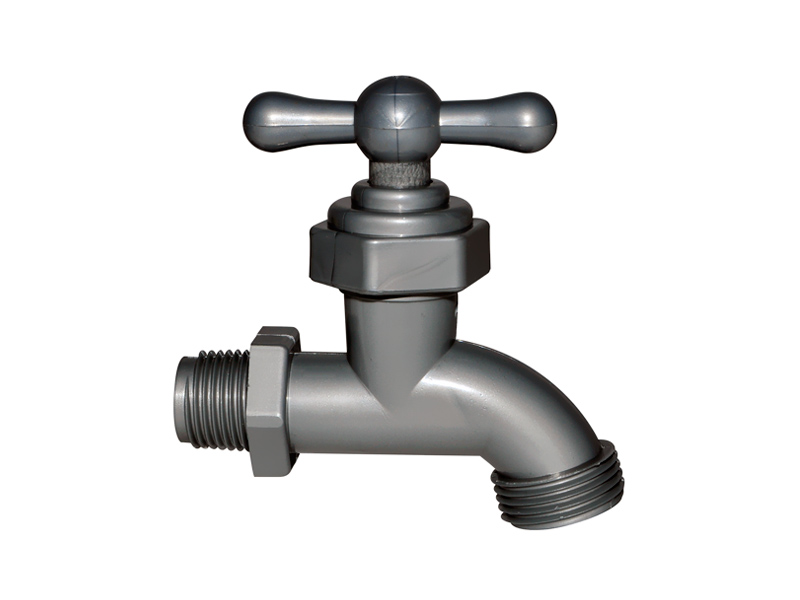
Automotive Industry
In the automotive industry, plastic valves find application in various fluid control systems, such as coolant circuits, fuel systems, and emission control. Their lightweight construction helps reduce overall vehicle weight, contributing to improved fuel efficiency. Additionally, plastic valves' resistance to automotive fluids and chemicals ensures reliable performance in harsh operating conditions.
Pool and Spa Industry
Plastic valves are extensively used in the pool and spa industry for controlling water flow, both in residential and commercial settings. They offer excellent resistance to the chemicals used for water treatment and maintenance, making them an ideal choice for pool and spa equipment.
Marine and Maritime Applications
Plastic valves play a crucial role in marine and maritime applications, where saltwater corrosion is a significant concern. They are commonly used in boat and ship systems, such as water intake and discharge, ballast control, and sanitation systems. Plastic valves' ability to withstand the corrosive marine environment ensures reliable performance and reduced maintenance costs.
Oil and Gas Industry
In the oil and gas industry, plastic valves are used in certain applications where their chemical resistance and low cost provide advantages. They can be found in chemical injection systems, water treatment facilities, and non-critical processes.
Plastic valves have become indispensable components in various industries, owing to their exceptional chemical resistance, lightweight nature, and cost-effectiveness. From water management and chemical processing to pharmaceuticals, food and beverage, agriculture, and automotive, plastic valves find numerous applications across diverse sectors. Their corrosion resistance, non-toxic properties, and ease of installation contribute to their widespread adoption and success in various industries, offering reliable fluid control solutions for an array of processes. As technology advances and materials improve, plastic valves are expected to continue playing a crucial role in enhancing efficiency and safety in numerous applications and industries worldwide.
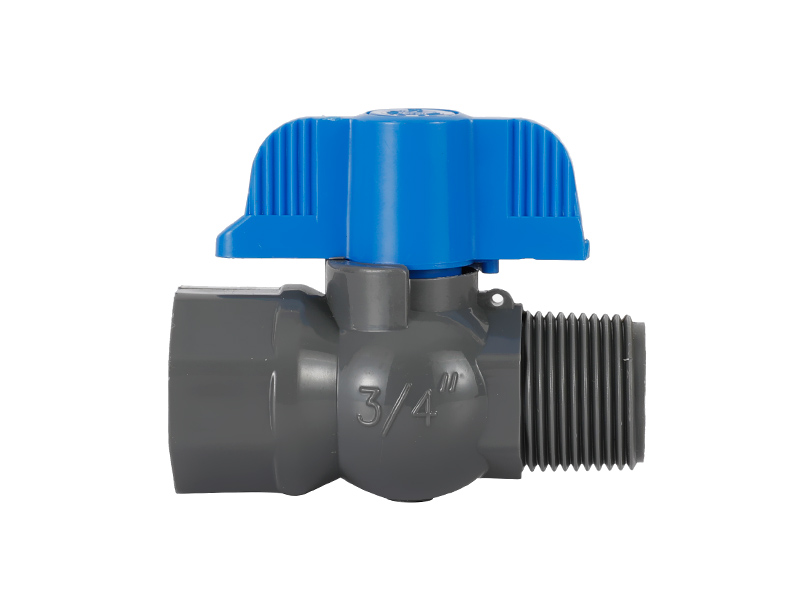
The male ball valve design is a key characteristic...
MORE >>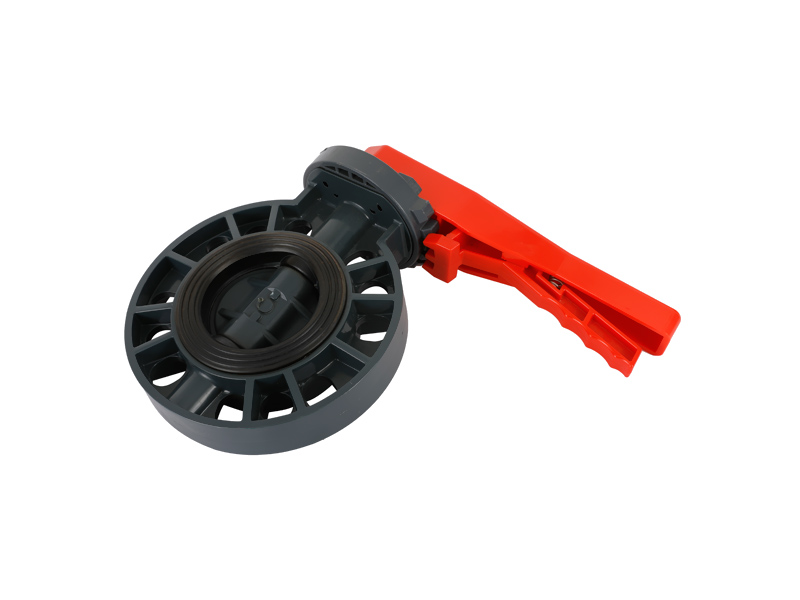
In today's modern world, efficient and reliable wa...
MORE >>
Copyright ©All rights reserved:Zhejiang Xier Plastic Valve Lead Co.,LTD. PVC Ball Valves Manufacturers Technical support: HWAQ  浙公网安备 33060402001174号
浙公网安备 33060402001174号

 English
English España
España عربي
عربي